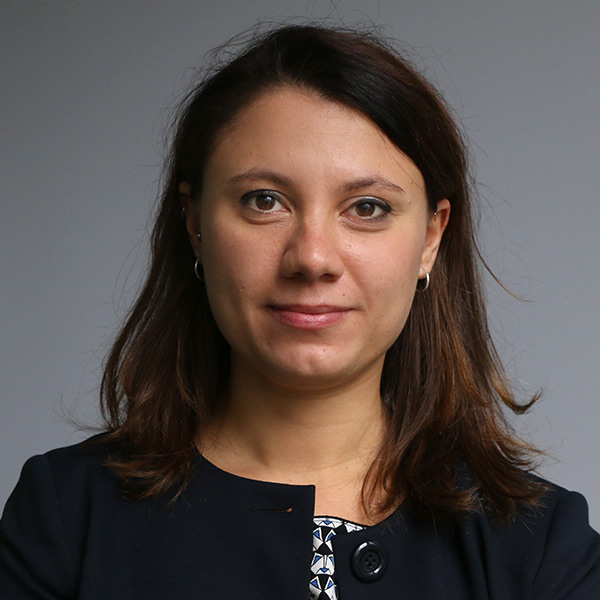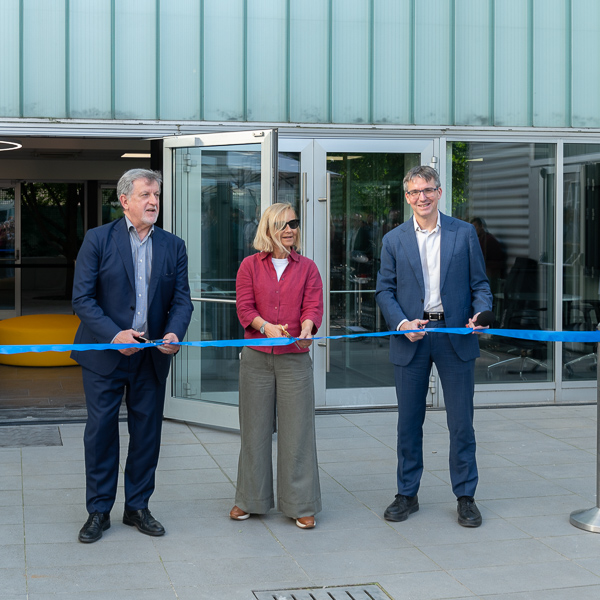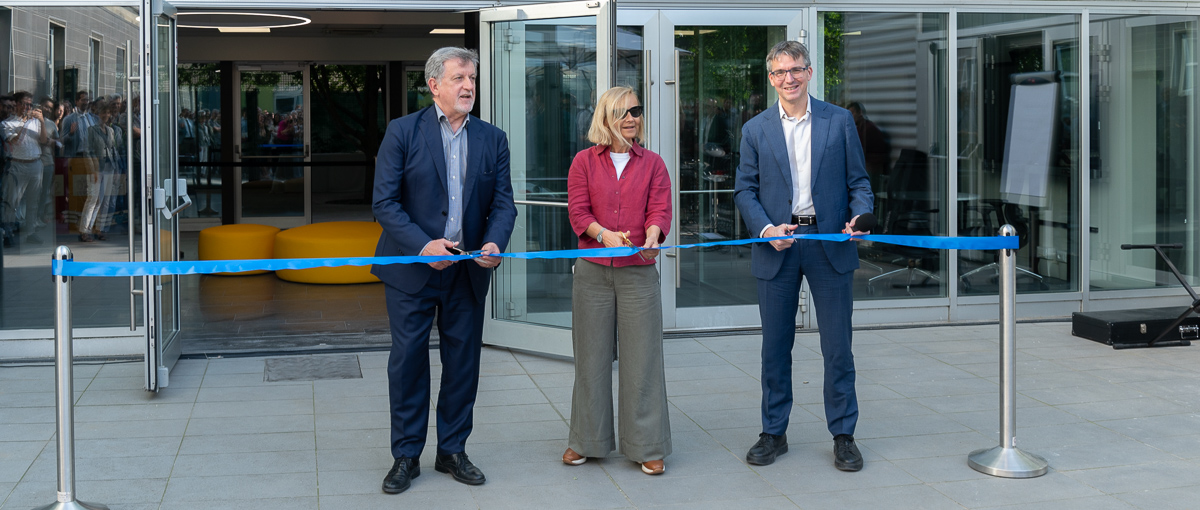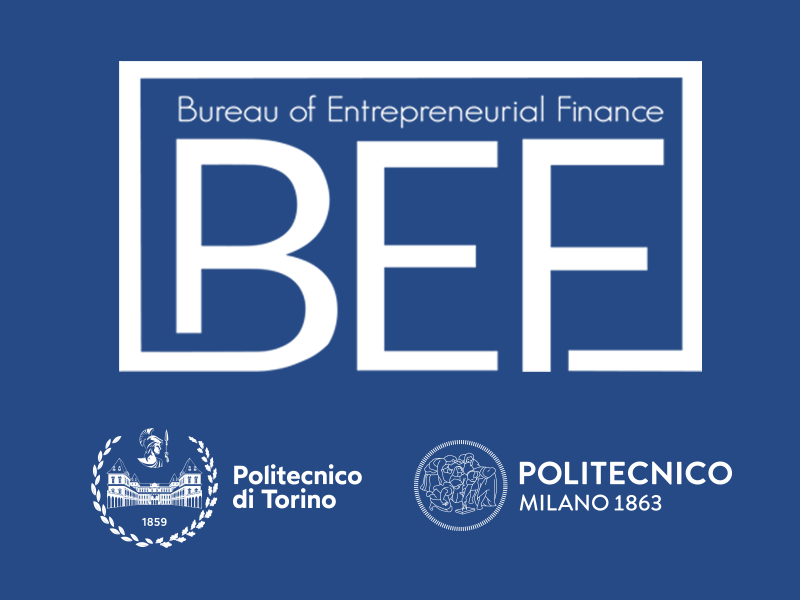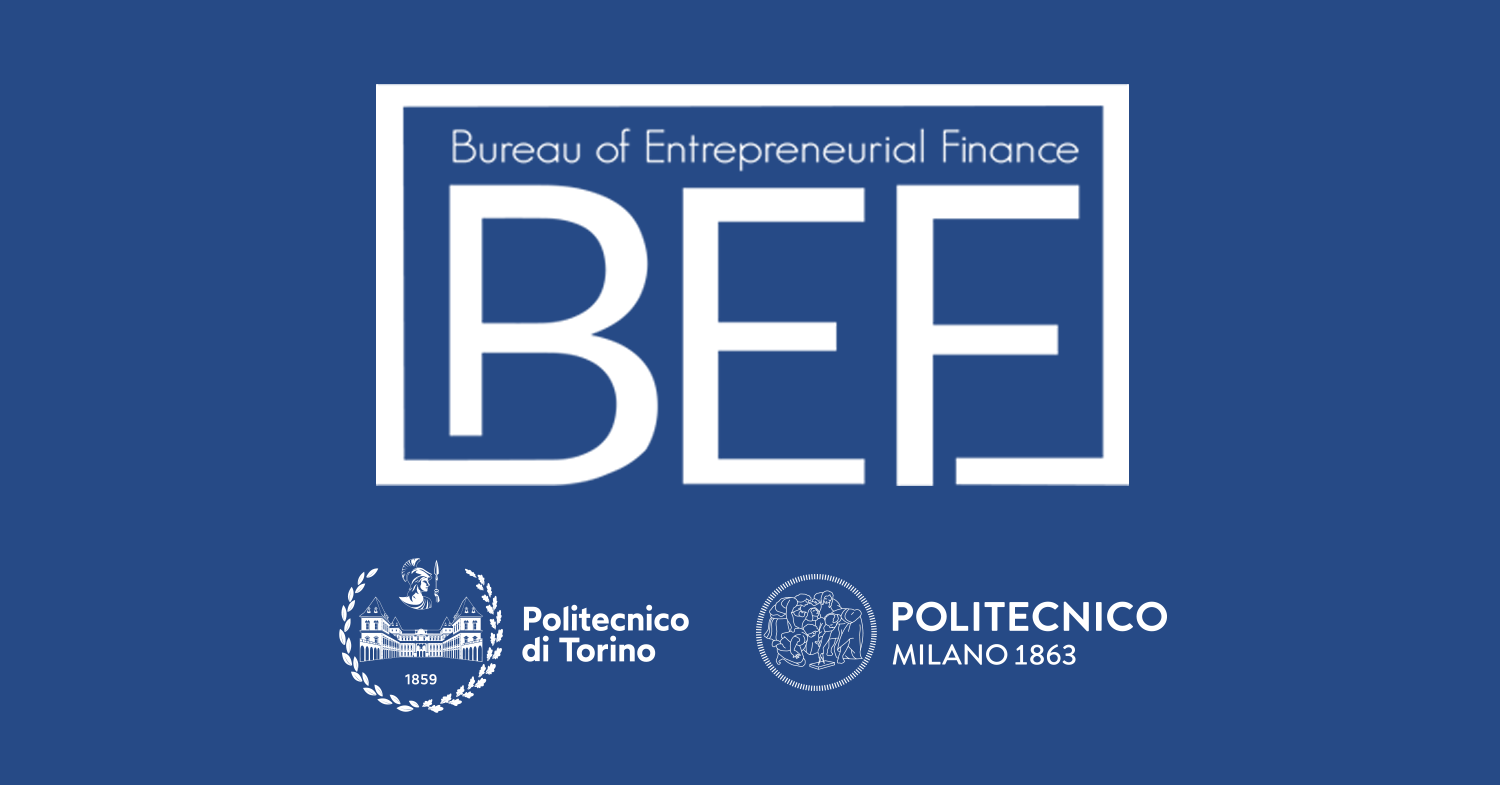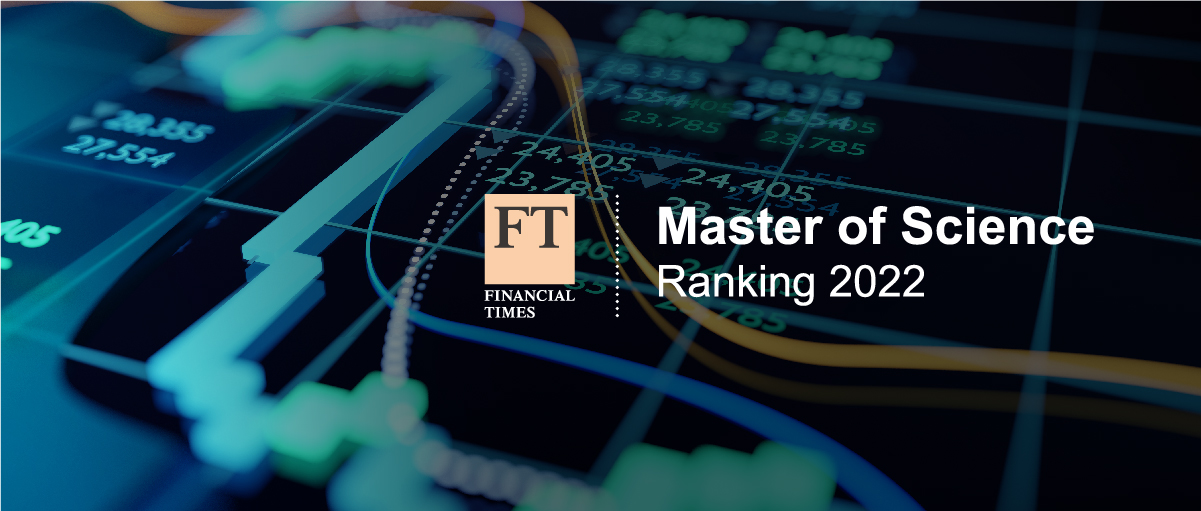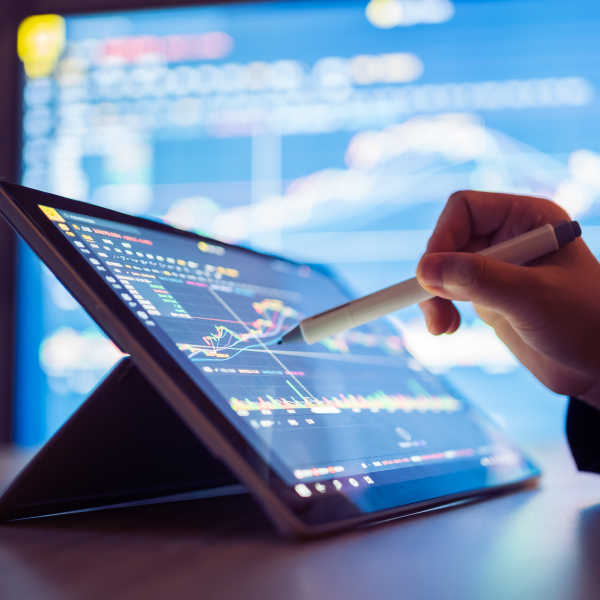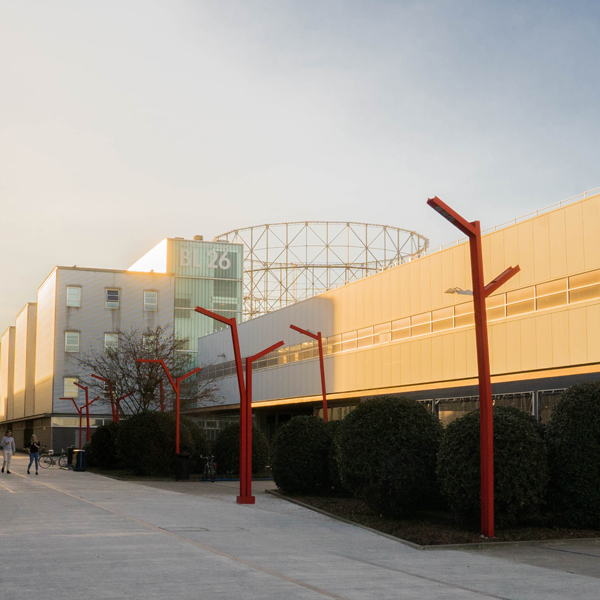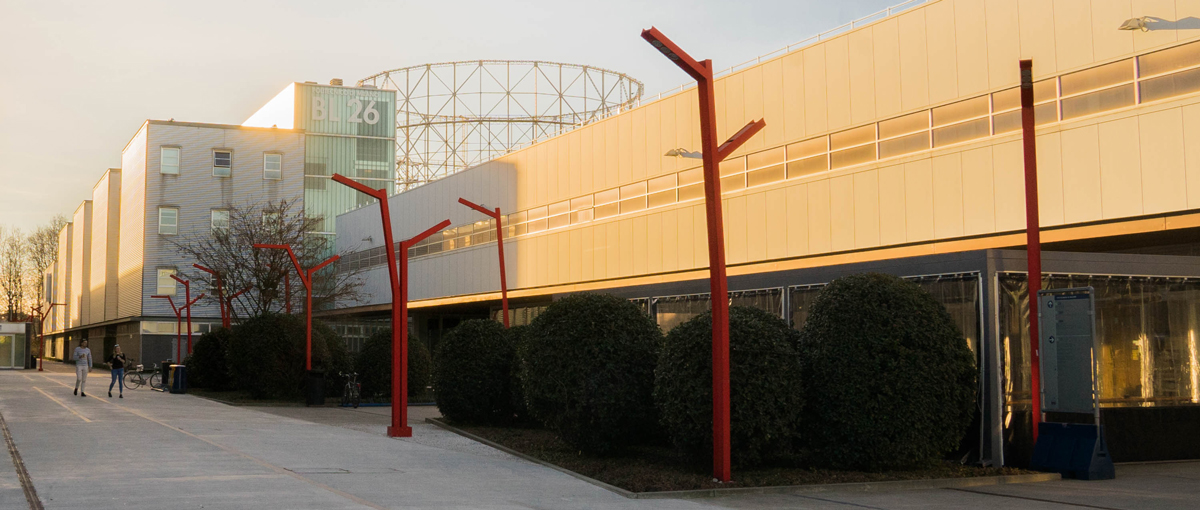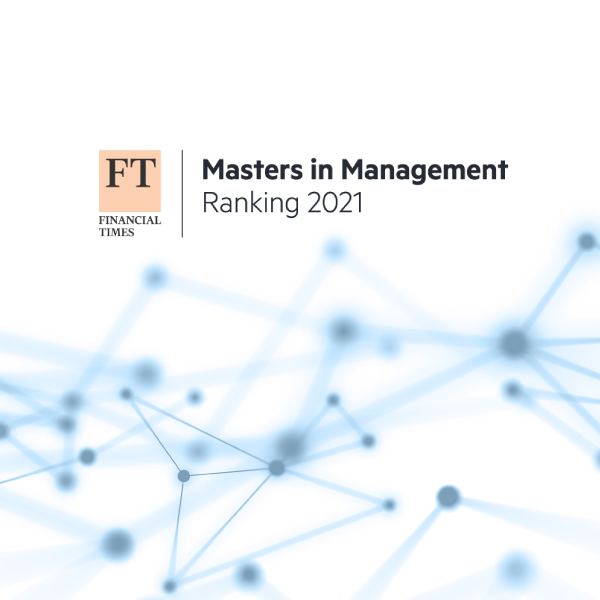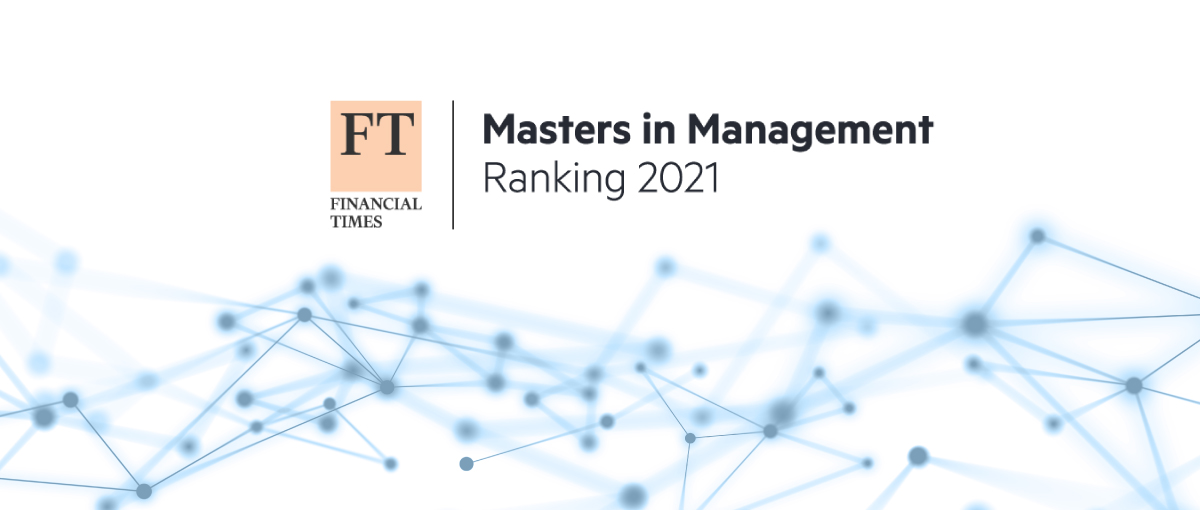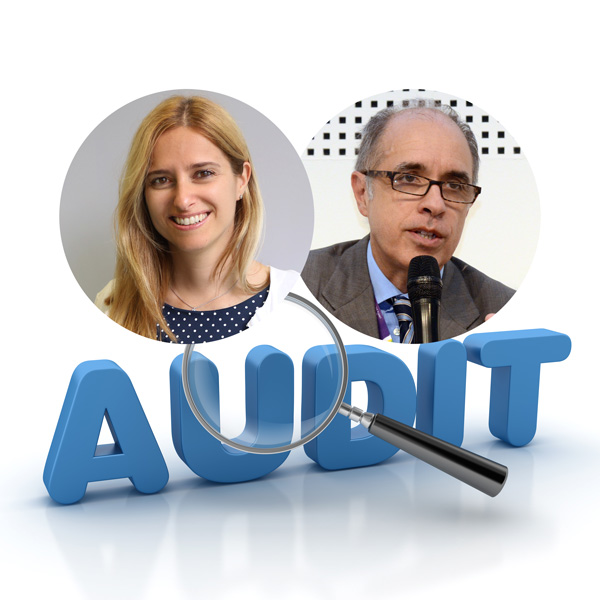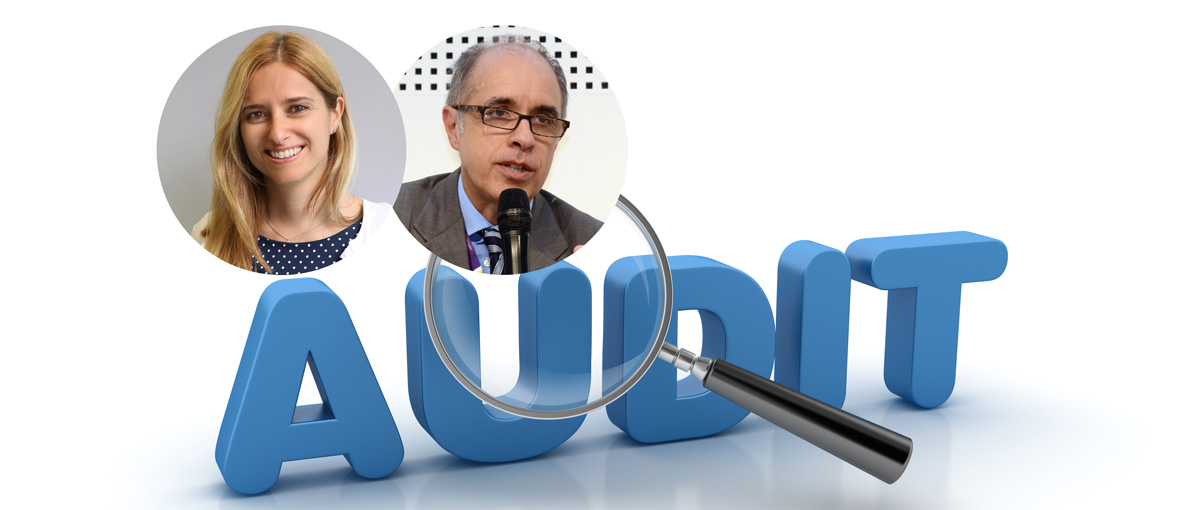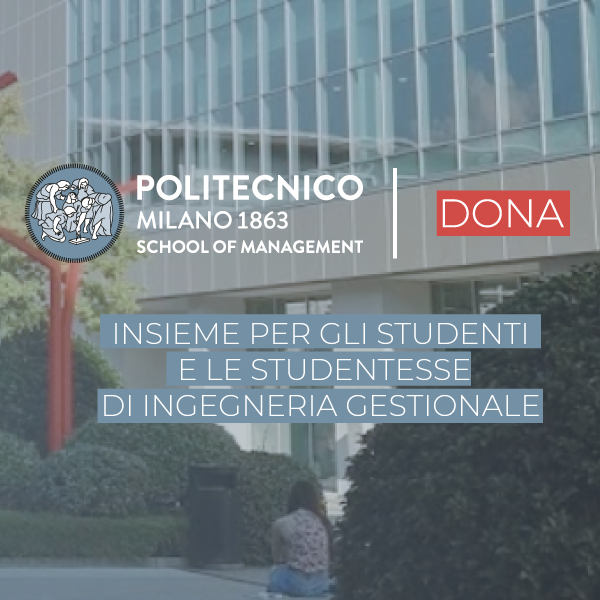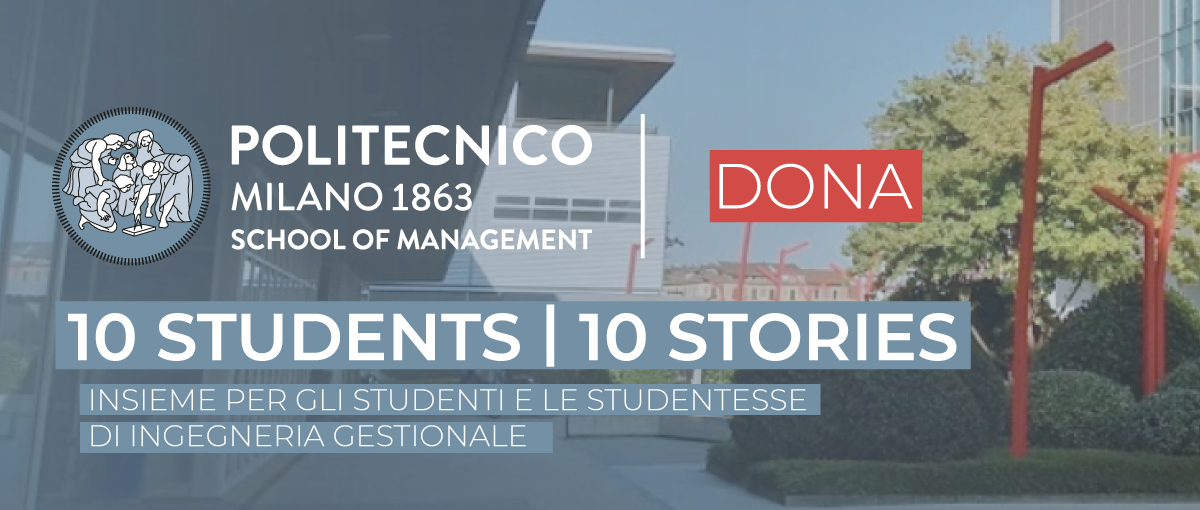
Behind a company’s declared need to strengthen its data culture lies a profound need to consolidate, enhance, develop or modify their business model, or the way they manage their business, in an informed manner. This is a compelling and pervasive need, linked to the observation of certain trends that are changing the competitive scenario.
Giuliano Noci, Professor of Strategy and Marketing and Vice Rector of the Chinese Campus of Politecnico di Milano
People who interact with companies are commonly told, “we need to strengthen our data culture”.
The concept of “data culture” has various undertones: the presence of data analysis skills, the ability to read and interpret analyses, the tendency of individuals and work teams to base their decisions on findings and data rather than on feelings and instinct, and efforts to collect and share the right data to support our own decisions and those of others.
Evidently, “data culture” is a combination of all these dimensions. Behind a company’s declared need to strengthen its data culture lies a profound need to consolidate, enhance, develop or modify their business model, or the way they manage their business, in an informed manner. This is a compelling and pervasive need, linked to the observation of certain trends that are changing the competitive scenario.
First of all, competition pressures, on markets that are increasingly saturated and also more and more interconnected, force us to seek out business models and innovations that enable functionality that is as useful as it is sophisticated. This leads to a quest for enhancement of the range of products and services offered, through data work, but not only. For example, if I want to make an electrical appliance stand out radically on the Western market, I will, within reason, have to connect it to the Internet and use the data it collects to offer value-added services to the customer (for example, in a refrigerator, not only report anomalies to enable technical maintenance in real time, but be able to notice when a milk carton is almost empty, and perhaps, based on the rate at which it is used, estimate when the milk will run out or with what frequency to suggest repurchasing it). What is more, it is clear that this type of innovation may bring about developments in the business model. For example, in the above case, integration with eCommerce systems can offer timely subscription-based refills.
Secondly, diversity in the target markets is calling for increasingly differentiated solutions from market segments that are highly heterogenous in terms of taste, preferences, product/service usage habits, and physical and digital channel usage behaviours in interacting with the company. These aspects require a practically one-to-one response from the company. From marketing automation to service automation, companies are increasingly seeking out models and algorithms that can gauge the health of their relationship with a customer, and how inclined they are to accept a new offer or abandon the company.
Thirdly and in fact as a result of the previous two cases, the focus of managerial activity is more and more characterised by the quest for accuracy, precision and waste reduction – in production, just as it is in marketing, sales, customer service, etc. Also in this case, data and the ability to read it are key levers.
Therefore, apart from the communicative effectiveness of the phrase “data culture”, the issue that arises is the development of an ability to combine advanced analytical skills with business acumen. This is a new skill in companies, and often one that is difficult to attribute to a single professional profile. Instead, it is attributed to a team. In fact, companies often hire data scientists with great analytical and technical expertise, but they do not always have managers able to bridge the gap between business needs and technical and modelling applications. Conversely, their personnel are not always able to translate analytical outputs into action plans that can drive the business.
Our school recognised this need when interacting with companies. As a result of this we have profoundly enhanced our range of machine learning and applied statistics courses and analytics courses applied to management disciplines (e.g. performance measurement, marketing, and even the public sector), with a Major, or specialisation, of the Master of Science with a strong analytical focus. A large number of students have decided to enrol in these courses, and this outstanding success demonstrates that our young people know how important it is to acquire the professional expertise to build a strong “data-powered” career.
The pedagogical challenge, in this context, consists in condensing strong analytical training and an equally solid knowledge of the business impacts of the decision-making systems subject to modelling analysis, with an approach focused on studying these models in the context of the areas where their use is beneficial and promoting rich and extensive discussion on the further implications for the operating models of organisations.
